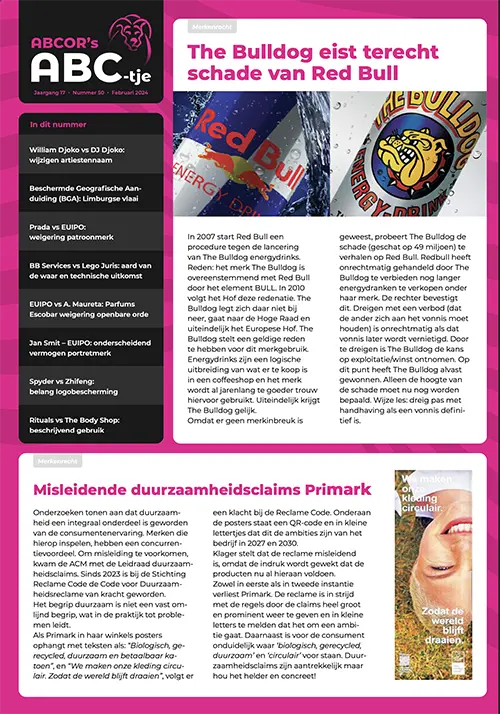The duration of a patent is a maximum of twenty years from the date of filing. Patented inventions typically relate to innovations with a “technical” nature. What can and cannot be patented depends on local legislation. For example, in the United States, it is possible to patent software, whereas in Europe, this is less straightforward. Similarly, therapeutic methods can be patented in the United States, but not in Europe.
A patent is granted (e.g., by the European Patent Office or the US Patent and Trademark Office) for inventions that are new and inventive. The novelty requirement is met if all elements of the invention have not been disclosed in a single independent publication or presentation. Sales (or, in the case of the US, even merely offering the product to the public) can also destroy novelty, making it impossible to patent the invention later.

